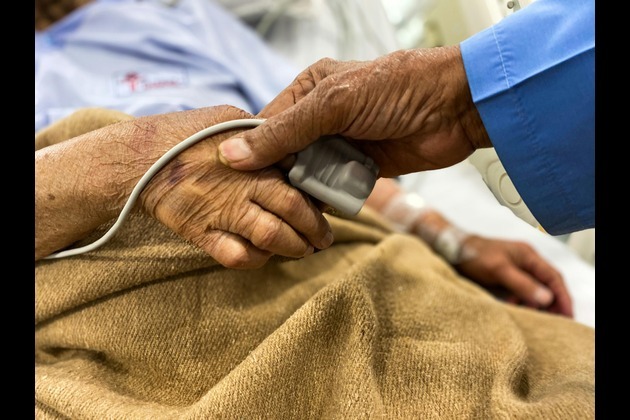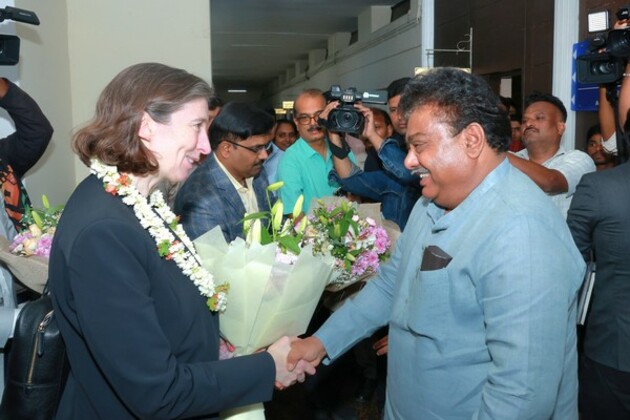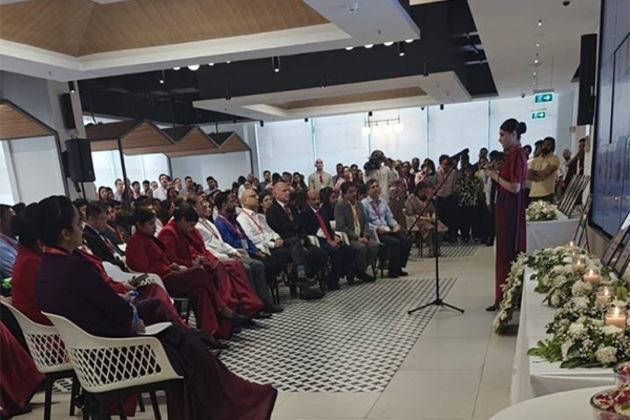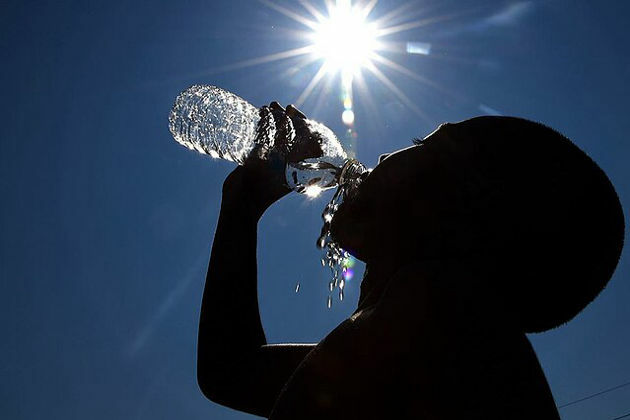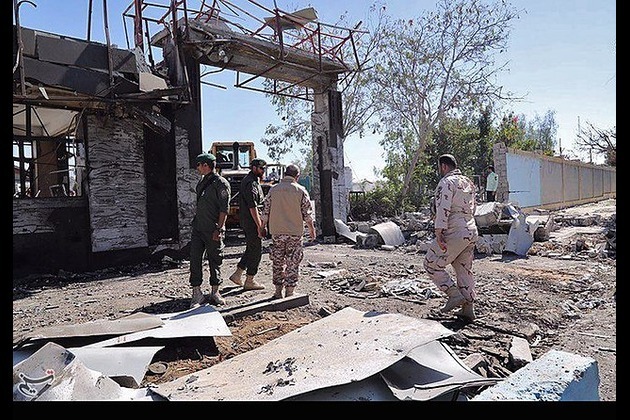England's free school meals rollout risks losing sight of which children need help most
The Conversation
25 Jun 2025, 16:41 GMT+10
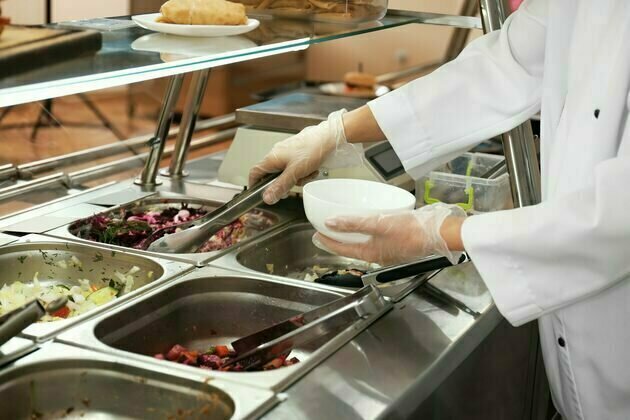
The UK government has announced an expansion of free school meals in England. Starting from September 2026, all children in households receiving universal credit will qualify, removing the previous income cap of Pound 7,400 per year.
This change is expected to benefit more than 500,000 children and lift around 100,000 out of poverty, providing a broader safety net for families.
While this is a positive development, there are unintended consequences, particularly for researchers like us and policymakers who rely on free school meal eligibility as a measure of child poverty.
Under the new rules, eligibility will no longer distinguish between the most disadvantaged children, those in low-income households, or those who receive disability-related benefits. That makes it harder to identify which children are most vulnerable and to target support effectively.
Free school meal eligibility has long been a reliable indicator of poverty for schools and researchers. Without it, it becomes difficult to evaluate the effects of policies aimed at helping the most disadvantaged children.
Wales has already introduced universal free school meals for all primary school children since 2023. Our team is currently researching the effects of free school meals in Wales. We are expecting to publish these findings later this year.
If there is no indicator of poverty, it is hard to evaluate which interventions or policies are working to help lift children out of it. This is particularly important when it comes to areas like nutrition.
For example, concerns about food quality, choices and portion sizes matter far more when a child is experiencing food insecurity at home. Without this information, it is difficult to assess the likelihood that a child will have access to a nutritious meal outside of school, and if free school meals help to alleviate hunger and improve nutrition for the most vulnerable.
The eligibility for free school meals was an indicator of a family living in poverty. This was available to people working in and studying education. It was possible to see how well interventions work to address educational needs, especially for those in low-income households.
The eligibility for universal credit is not available in school data, so it cannot be used to inform how well educational interventions are working to reduce inequality.
Without free school meal eligibility as a poverty marker, schools and researchers must rely on other sources. These are often less straightforward.
Read more: More free school meals is a start - here's what would really address child poverty
Finding other sources of information about poverty means that people working in education and child health need to work with data experts. This needs teams of people, more time, expertise, approvals and governance agreements to access and combine data to do research on education and child health. This makes the prospect far more complicated.
A local-area deprivation index can indicate if a child lives in a poorer neighbourhood but can't confirm individual family poverty. Census data can be linked to educational records. But the census is only updated every ten years, which makes it less accurate for current needs.
Asking parents directly about income or hardship is possible, but risks stigma and can be resource intensive.
To improve health and education outcomes for children in poverty, free school meals remain vital. But as eligibility rules change, so must our data systems.
A new way of identifying poverty, one that can be integrated into school records, is needed. Without it, policymakers and researchers risk losing sight of who truly needs help and whether current efforts are working.
 Share
Share
 Tweet
Tweet
 Share
Share
 Flip
Flip
 Email
Email
Watch latest videos
Subscribe and Follow
Get a daily dose of Bristol Star news through our daily email, its complimentary and keeps you fully up to date with world and business news as well.
News RELEASES
Publish news of your business, community or sports group, personnel appointments, major event and more by submitting a news release to Bristol Star.
More InformationUnited Kingdom
SectionUK and France issue heat warnings as temperatures climb
LONDON/PARIS: British and French authorities have warned people to stay safe as an early summer heat wave brings unusually high temperatures...
Confused bot named Alyssia replaces human response on Iranian phones
DUBAI, U.A.E.: British Iranians living in the U.K. are taken aback when they try to reach their families in Tehran on the phone and...
Assisted dying bill clears key hurdle in UK Parliament
LONDON, U.K.: In a landmark moment for Britain, lawmakers in the House of Commons have voted in favour of legalising assisted dying,...
Assam: CM takes part in BJP's Mock Parliament to commemorate dark chapter of Emergency
Guwahati (Assam) [India], June 25 (ANI): With the aim of commemorating the dark chapter of the Emergency period in India, Assam Chief...
British High Commissioner visits Karnataka Soaps and Detergents Limited; appreciates production activities
Bengaluru (Karnataka) [India], June 25 (ANI): British High Commissioner to India, Lindy Cameron, and Deputy High Commissioner for Karnataka...
Words can't capture what we feel: Air India CEO at Memorial for AI171 Crew
New Delhi [India], June 25 (ANI): Air India held a memorial service on Tuesday at its corporate headquarters in Gurugram to pay tributes...
International
SectionMillions endure dangerous US temperatures, heat alert issued
MADISON, Wisconsin: Tens of millions of residents across the Midwest and East Coast faced dangerously high temperatures over the weekend...
Multiple Israeli troops die as armored personnel carrier is blown up in Gaza
KHAN YOUNIS, Gaza - Seven Israeli soldiers were killed in a large explosion in southern Gaza's Khan Younis area on Tuesday night,...
Khamenei remains in hiding as clerics fast-track succession plans
DUBAI, U.A.E.: Iran's top clerics are quietly accelerating succession plans for Supreme Leader Ayatollah Ali Khamenei, who was threatened...
Monsoon floods batter China, raising climate concerns
BEIJING, China: Extreme weather is once again testing China's resilience, as intensifying monsoon rains trigger floods across major...
UK and France issue heat warnings as temperatures climb
LONDON/PARIS: British and French authorities have warned people to stay safe as an early summer heat wave brings unusually high temperatures...
Muslim bloc calls on Israel to sign Nuclear Non-Proliferation treaty
ANKARA, Turkey: Amid rising tensions in the Middle East, the Organisation of Islamic Cooperation (OIC) announced it would form a new...



